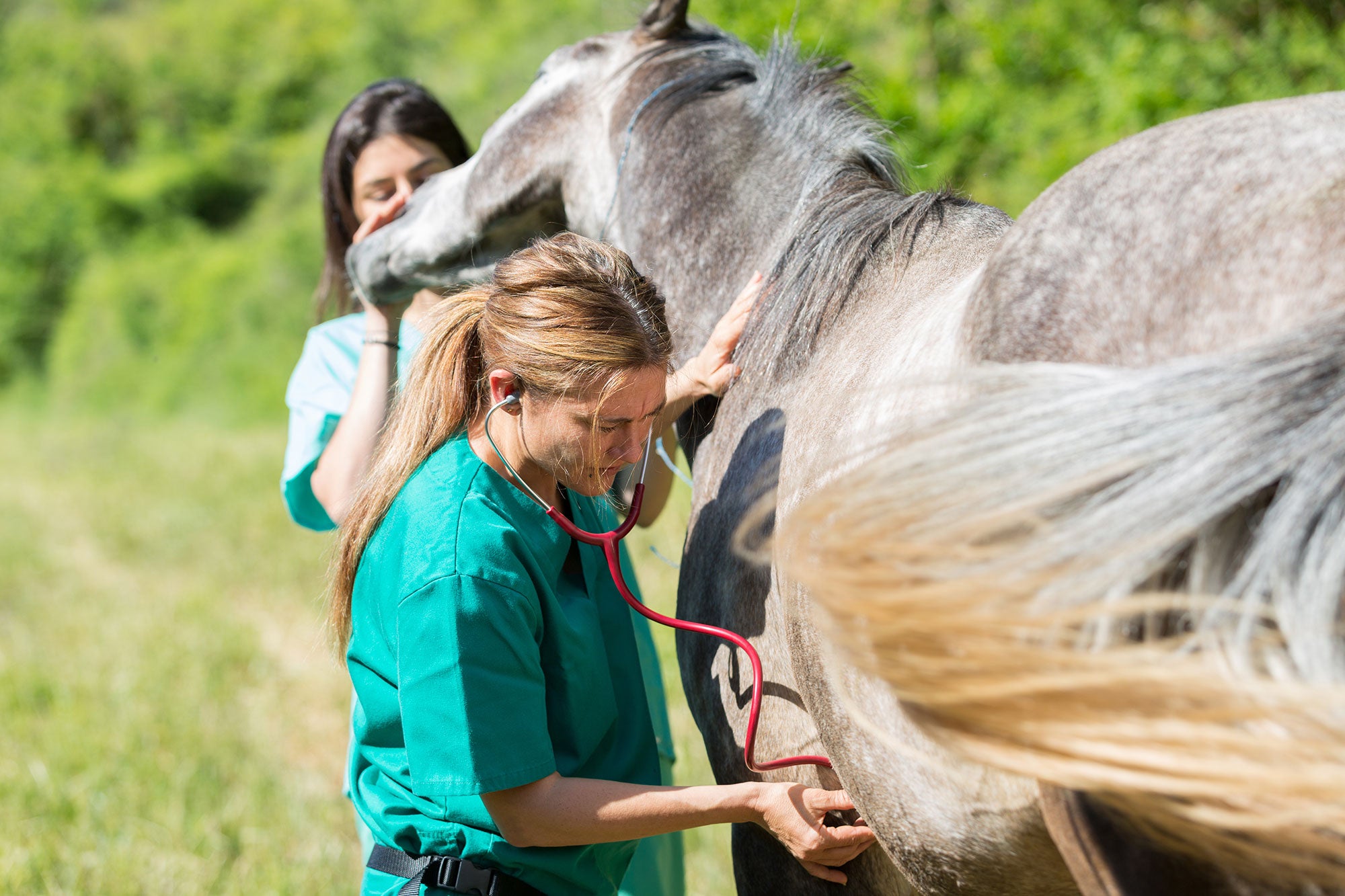The Horse Protection Act has stirred concerns among horsemen, with updates slated to take effect next month, including expanding regulations to all breeds, horse events, and 4-H horse activities.
The act, originally passed in the early 1970s, was intended to stop inhumane practices such as soring, which includes painful practices used to enhance the movement of Tennessee Walking Horses. Revisions aim to strengthen rules that discourage soring, but the expansive updates include a requirement for advanced notice for events and government-approved veterinarians on premises during the event.
If the HPA revisions become effective, event organizers will be required to notify the U.S. Department of Agriculture at least 30 days before events and report any violations within five days after the event concludes. They are also required to maintain detailed records and verify the identity of all horses entered.
Inspections will now be conducted by USDA-trained Horse Protection Inspectors, who must be veterinarians or experienced equine professionals. The previous system relying on industry-appointed inspectors will be eliminated.
The revised rules hold not just owners but all participants — trainers, haulers, and event sponsors –accountable for violations. Stricter inspection criteria and expanded liability mean participants must ensure compliance with the new guidelines to avoid penalties.
Many industry professionals and organizations have voiced their concerns about the expanded scope of the HPA. Those opposed to the updates discuss pending challenges for the horse industry, arguing that animal rights groups with ideologies conflicting with horse ownership and use have heavily influenced the act.
The Western Justice League, a political action organization that supports the Western lifestyle, has noted issues such as the overreach and vagueness in the new language, voicing concerns that the act does nothing to improve equine welfare, providing impractical solutions and restrictions during equine veterinary shortages. In addition, WJL says that actions such as applying fly spray, administering therapeutic treatments, or dealing with accidental injuries could potentially be classified as federal violations under the new rules.

Another primary consideration is that the USDA’s decision to eliminate third-party inspection programs may lead to a shortage of qualified inspectors, increasing pressure on the limited number of USDA-trained personnel. Those opposed to the updates argue that changes could affect not only competitive events but also smaller, local gatherings such as 4-H shows.
Colton Woods, an equine professional, discusses some of those concerns on his TikTok, including concerns centered around the costs associated with having USDA-trained inspectors on site and the actual definition of soring potentially extending to riding a horse.
Meanwhile, Emma Coffman of Double E Ranch discussed the updates to the proposal. In her reel, Coffman covers how the HPA could potentially help with conflicts of interest in shows, updating tools and strategies used for soring, and penalties for abuse.
The new regulations, set to take effect on February 1, 2025, are expected to significantly affect horse shows, including 4-H events. Their broader implications beyond horse shows remain uncertain and will become clearer over time.
In a statement Thursday, the Western Justice League voiced how it fears animal rights ideologies are likely impacting the HPA.
“Animal rights ideologues don’t want us riding and showing horses, so what a better way to go about keeping us from doing that then to make it too expensive and too burdensome,” WJL posted to their Facebook.
The American Quarter Horse Association, the world’s largest horse-centric organization, is also finally got in on the discussion. AQHA announced its interactions with President Donald Trump’s transition team to ensure that HPA does not negatively affect AQHA members.
The USDA also uploaded a document with a Q&A about the Horse Protection Act. Here are some highlights:
The HPA applies exclusively to horses (Equus caballus) and focuses on ensuring their welfare during events. The Act does not cover donkeys, mules, or exotic equids like zebras. Its regulations apply only to classes at events under the HPA’s purview. Horses entered for sale, auction, or competition must undergo inspections before, during, or after events to ensure compliance.
Inspections involve physical examinations, including digital palpation and hoof testing, and may extend beyond the limbs. Certain substances, like fly spray and show sheen, are restricted in specific cases, particularly for Tennessee Walking and racking horses. Advanced diagnostic tools such as radiography, thermography, and blood tests may be used by APHIS representatives to collect data for compliance and enforcement purposes. These records are maintained as government documents.
Noncompliance with the HPA leads to disqualification and possible penalties, including fines or criminal charges. Therapeutic exemptions for pads or wedges are allowed with veterinarian approval, though APHIS may assess their validity. Sore horses or those found violating regulations must be removed from events immediately.
According to the USDA document, Horse Protection Inspectors are critical in ensuring compliance. HPIs must be veterinarians, veterinary technicians, or State or local animal welfare or control officers and will need to have equine science experience, a clean record regarding the HPA, and complete APHIS compliance training. HPIs are expected to maintain professionalism, avoid conflicts of interest, and refrain from gambling. Event management is responsible for selecting HPIs and ensuring they meet all regulatory requirements.
Event organizers must adhere to specific requirements, such as having a farrier on-site for events with over 100 horses or on call for smaller events. Custodians of horses can record inspections using hands-free devices while following safety guidelines. However, horses must remain in designated warm-up areas after inspection until their class begins. Violations of the HPA may result in administrative complaints, civil penalties, criminal charges, or disqualification periods ranging from one to five years or more.
Colton Woods and other social media posters continue to share how the HPA could impact the equine industry.


